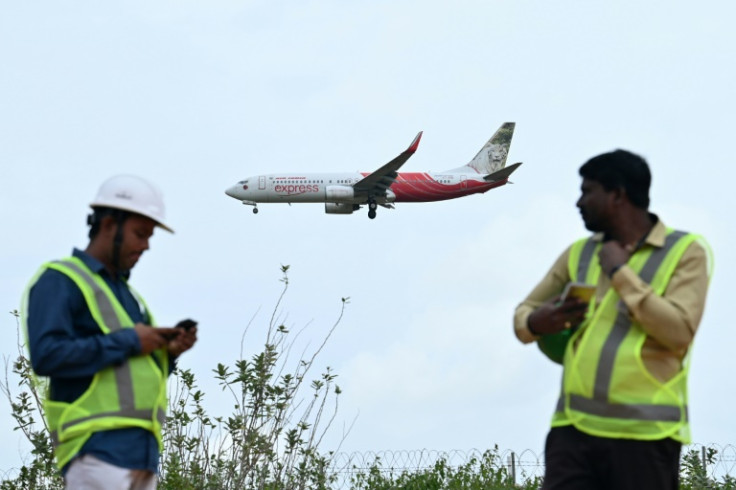
Fresh concerns are mounting over the tragic crash of an Air India Boeing 787 Dreamliner or Air India Flight 171 last month, as new reports suggest the flight's captain, who died in the crash along with 240 others, had previously taken medical leave for mental health issues.
Captain Sumeet Sabharwal, 56, was the lead pilot of the London-bound aircraft that went down just after takeoff from Ahmedabad on 12 June. The catastrophe claimed the lives of nearly everyone on board, leaving just a single survivor, and triggering one of the deadliest aviation disasters in India's recent history.
Now, medical records submitted to investigators indicate that Sabharwal had been on medical leave in the last few years due to reported episodes of depression and other mental health concerns, The Telegraph revealed over the weekend.
'I have heard from several Air India pilots who told me he had some depression and mental health issues,' said Mohan Ranganathan, a leading Indian aviation safety expert. 'He had taken time off from flying in the last three to four years.'
Sabharwal, a seasoned pilot with over 15,000 flying hours, had also taken bereavement leave following the death of his mother in 2022. According to reports, he had been considering early retirement in order to care for his elderly father, telling colleagues earlier this year that family responsibilities were becoming a priority.
Was The 'Pilot Error' Intentional?
Initial examination by India's Aircraft Accident examination Bureau (AAIB) found that the plane's fuel cutoff switch had been turned for no apparent reason just three seconds after takeoff. This sudden move effectively turned off the plane's engines, causing it to go into a nosedive from which it never recovered.
To date, no technical reason has been established that would explain why the switch was turned off. The AAIB's report did not suggest any mechanical fault or inflight emergency that would warrant such a move.
Both of the plane's black boxes—the flight data recorder and cockpit voice recorder—have been recovered and are now being analyzed to provide deeper insight into what transpired in the critical seconds before the crash.
Tata Group Statements
Air India, which is owned by Tata Group, declined to comment directly on Sabharwal's mental health but confirmed his records had been handed over to investigators.
"He did take bereavement leave in 2022 following his mother's death, and his medical records were submitted as part of the investigation," a Tata spokesperson said. "The preliminary report did not find anything noteworthy."
However, Air India CEO Campbell Wilson has urged caution, calling out what he described as a "cycle of theories, allegations, rumors, and sensational headlines" in an internal memo leaked to the Wall Street Journal. He emphasised that the probe is ongoing and that no definitive conclusion should be drawn yet.
Industry Calls For Mental Health Reforms in Aviation
Meanwhile, the Indian Commercial Pilots' Association (ICPA) defended the crew's actions, stating that they followed standard procedures and their training in the moments leading up to the crash.
As investigations continue, the incident has reignited debate about the need for more robust mental health support in aviation, as well as greater transparency around how airlines assess a pilot's fitness to fly—both physically and mentally.
Mental health in aviation has been a touchy and controversial topic for a long time, especially since earlier air mishaps were blamed on pilots' mental health. The accident of Germanwings Flight 9525 in 2015 stunned the world when it was found that co-pilot Andreas Lubitz, who had a history of severe depression, had intentionally flown the jet into the French Alps, killing all 150 people on board. There were also similar questions about the 1997 SilkAir Flight 185 tragedy in Indonesia, which some experts think may have been a case of pilot suicide.
Despite this, aviation authorities globally still struggle with how to effectively monitor and manage the mental wellbeing of commercial pilots without compromising their privacy or careers.
For now, the families of the 241 victims await answers, and the world watches closely as investigators piece together the final moments of a flight that should never have ended the way it did.







